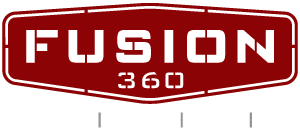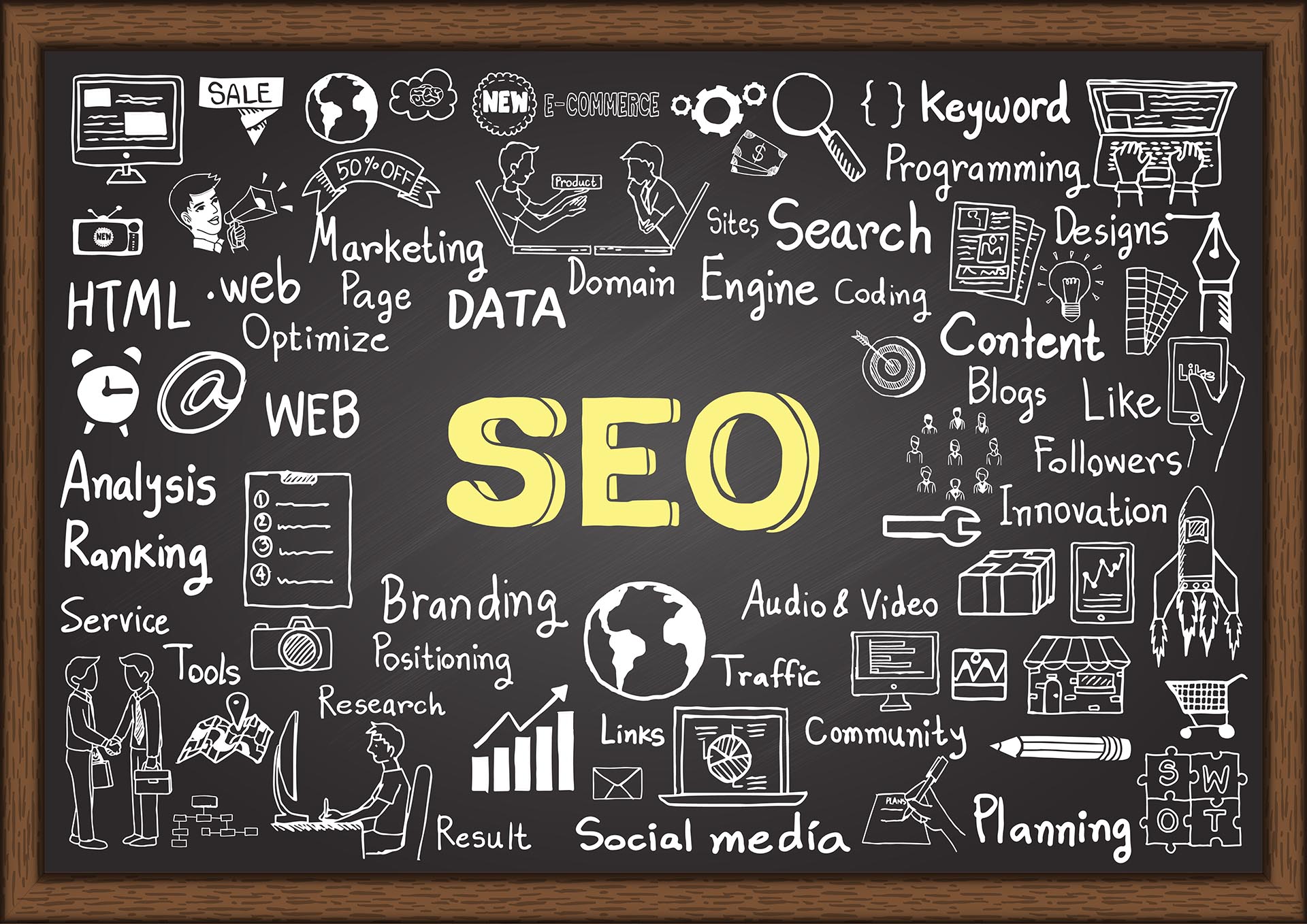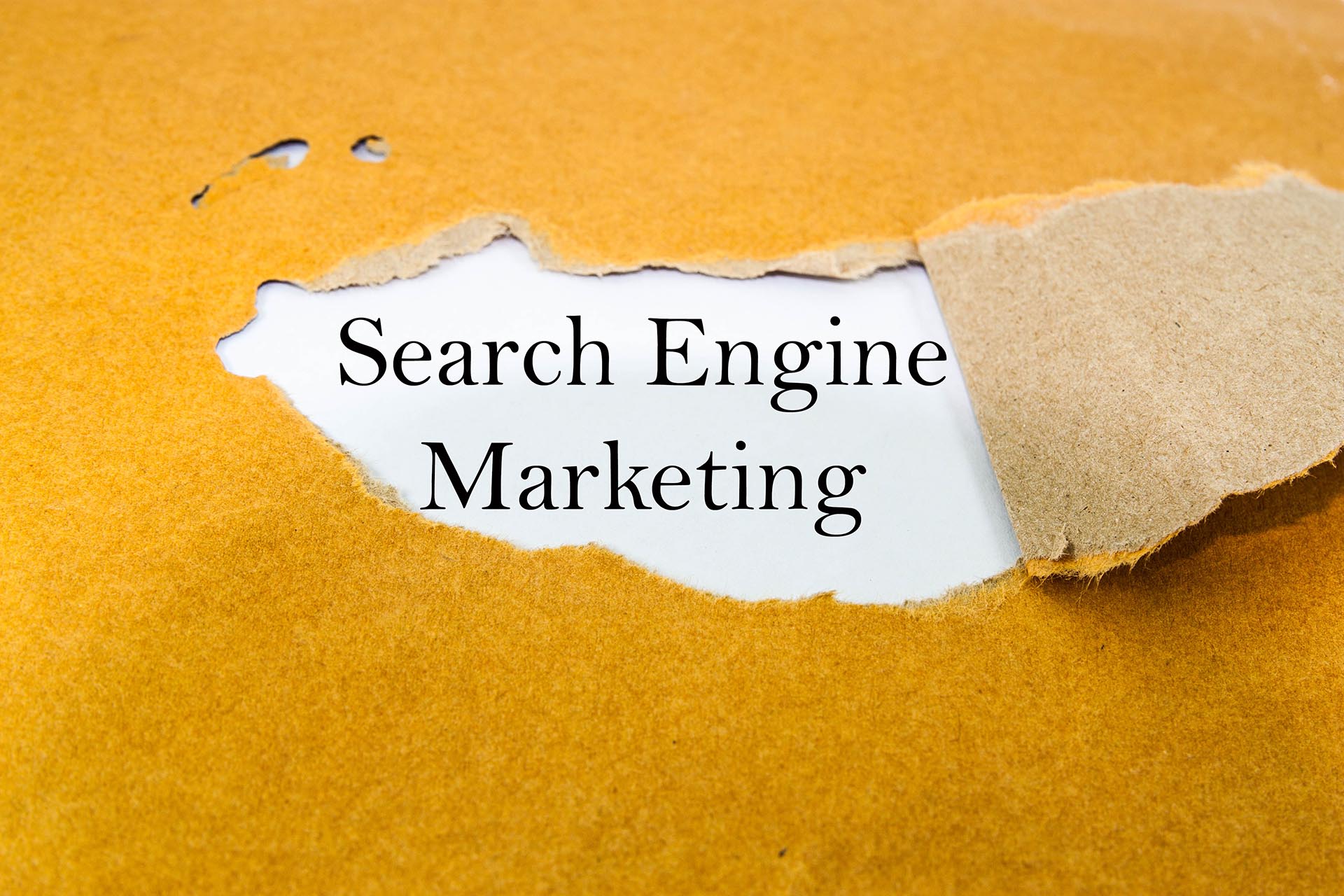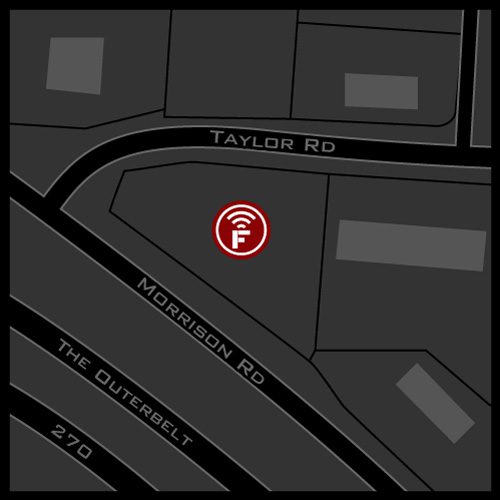
If your SEO strategy doesn’t involve social media, then please, fire your SEO team. Social media and SEO go together like cookies and milk. If you want your company’s reach to go beyond the borders of Utah, you’ll need to integrate an SEO strategy that involves social media.
Social Media Boosts Your Link Building Like Crazy
In its simplest definition, SEO is about building links to your website, and social media is about engaging with people and promoting the things you care about. Let’s say your company that’s based in Utah has 500 followers on Twitter. If you post a link to an article or a page from your website on Twitter, that post has a chance of being shared by at least a quarter of your followers. Every time that link is shared, it will go to a whole new audience outside of Utah that you couldn’t reach.
Twitter handles 19 billion search queries a month (that’s five times more than Bing), and if your tweet is shared enough, it could be prominently displayed as a search result on Twitter. If your tweet comes across the eyes of an influential site, they could feature it on their site, and that would boost your SEO on Google immensely. People from outside of Utah will take notice of your company.
Having an Active Social Media Presence Builds Traffic to Your Website
SEO will boost your website’s presence on search results, but that doesn’t mean you get a large returning audience. Social Media builds a real audience that brings real traffic to your website — but that’s only if you have an active social media presence. Interact with your followers and post links to your site, and you’ll see your web traffic go up.
Social Media Works as Quality Control for Your Site
Social media can be brutal sometimes. If your followers don’t like what you wrote, they’ll be sure to tell you. Or maybe you post a link to an article that gets no likes or shares. That probably means the post wasn’t interesting to your audience. Your audience knows what they want and don’t want, and if you respond to how they interact, you’ll be able to make more content that your followers want to see, which boosts your traffic and your presence online. This comes back to the idea of having quality over quantity. You need a lot of links to build up your SEO potential, but don’t let your quality slip in the process.











